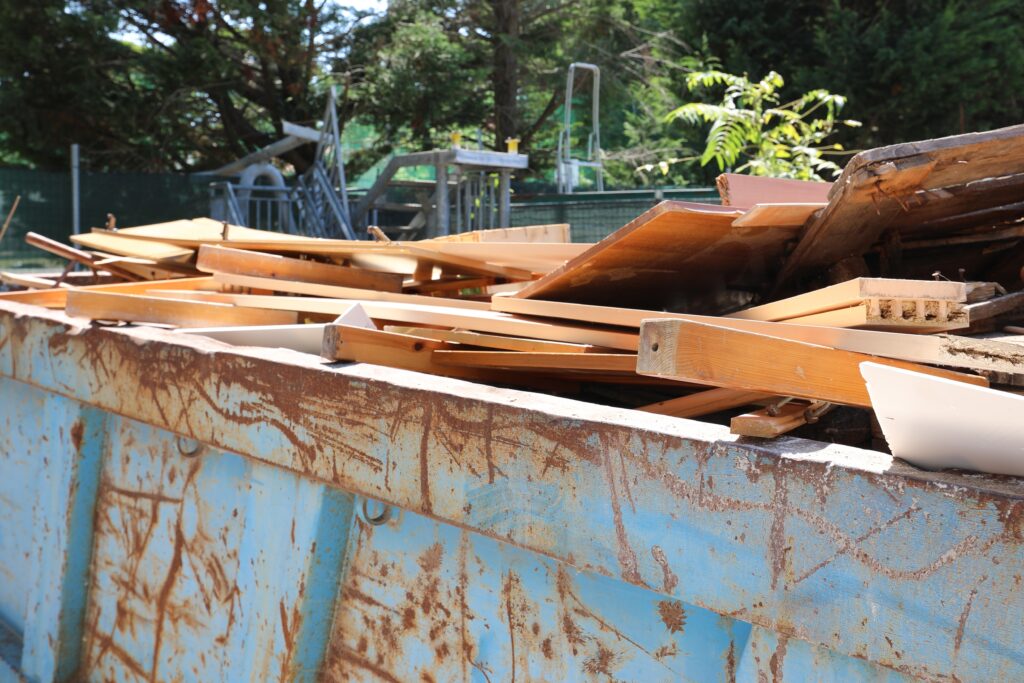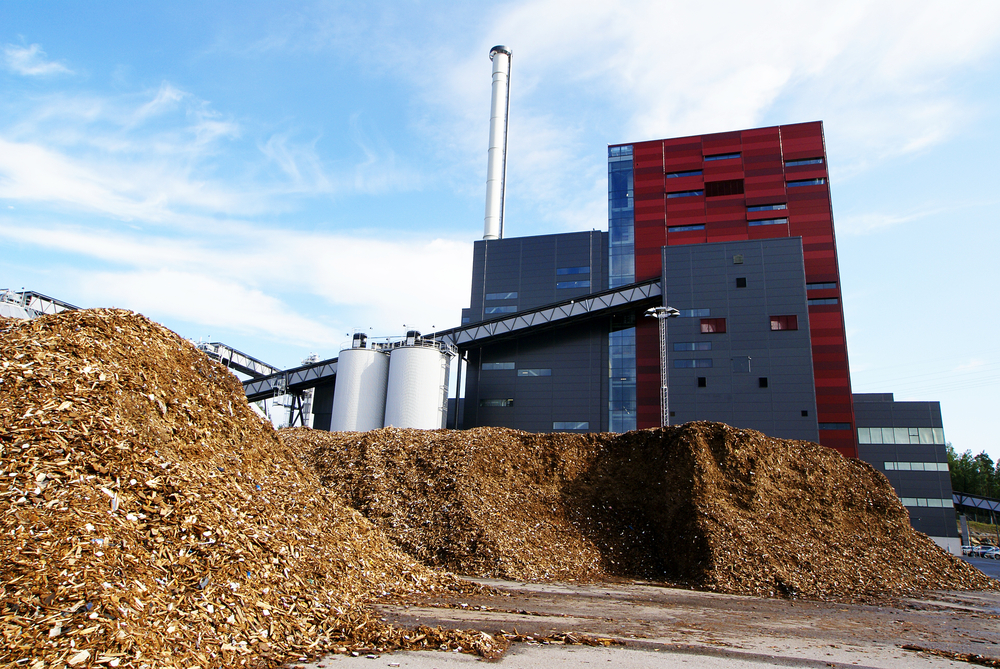The price of wood PRNs has slumped since the end of last year, with some reported deals as low as 8 a tonne, so although there are some premiums still being paid by the mills for packaging material, this is less significant than it has been.
Although rates vary depending on local landfill charges and levels of competition, many wood recyclers continue to charge gate fees for average quality waste wood of up to about 10 a tonne. Some recyclers are paying up to 5 a tonne for good quality or packaging material.
The board mills have said there is still plenty of demand for chipped waste wood, with a steady increase in interest for recycled materials as Kronospan and Sonae recover from the periods of plant closure last year.
The solid demand is being seen even though some mills are beginning to reach their limits of recycled wood they are able to use in their chipboard and still apply the Forest Stewardship Council (FSC) label to their products. The label, which is demanded by some retailers, means that the board must contain at least 17.5% of wood from sustainably managed forests. This means that effectively only 82.5% of the chipboard can be made from recycled wood.
The Waste and Resources Action Programme is currently working on developing a label for 100% recycled wood, which it hopes will resolve this issue. In the mean time, however, mills are having to ship in virgin wood.
Energy sector
Another possible impact on the shoring up of prices while PRN values are low could be the looming presence of the biofuels market. The energy sector is very active at the moment, as electricity companies look into meeting their obligations from the government to generate energy from sustainable sources.
Powergen has already said it is to undertake detailed engineering studies looking into a possible wood-fired power station on property owned by AW Jenkinson Forest Products in Lockerbie.
Alan Raymant, head of Powergen Renewables, the company’s renewable generation business, said: “Powergen is committed to the development of renewable energy, and the conversion of wood fuel from sustainable forest resource has been shown to be effectively carbon neutral. The Government has set a target of 10% of energy from renewable resources by 2010 and this development provides an opportunity to make a real contribution towards this target.”
The Lockerbie power station would generate enough electricity to supply approximately 55,000 homes, saving 125,000 tonnes of carbon dioxide being emitted every year compared with fossil fuel generation, Powergen said.
Allan Jenkinson, proprietor of AW Jenkinson Forest Products, said: “The power station could use around 500,000 tonnes of wood a year, providing a significant new market and helping to secure the future of the regional saw milling and forest industries.”
Experts believe recycled wood could play a major role in the demand for wood from the energy sector, because of its low moisture content compared to virgin supplies.
Complications that stem from the UK's implementation of the Waste Incineration Directive will have to be resolved before wood recyclers can fully exploit the huge potential opportunities in the energy sector. Even so, board mills are said to be concerned about the impact on their supplies once power stations, such as the proposed Lockerbie plant, are up and running.









Subscribe for free